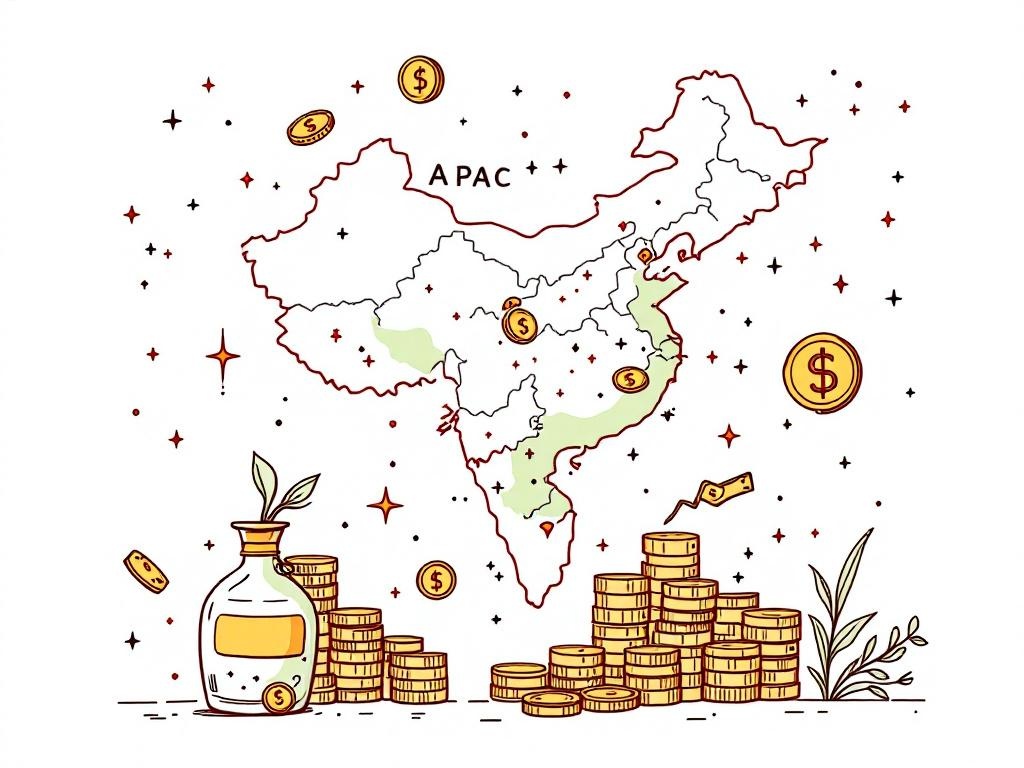APAC Drives Booming Growth in Food and Beverage Chemicals Market

Beijing, Friday, 17 October 2025.
The Asia-Pacific region, led by China and India, is projected to experience a 6.5% CAGR in the food and beverage chemicals market by 2035, significantly outpacing European growth.
Strong Market Growth in APAC
The Asia-Pacific (APAC) region, spearheaded by China and India, is witnessing a notable surge in the food and beverage chemicals market, with a projected compound annual growth rate (CAGR) of 6.5% by 2035. This growth is significantly higher than that of Europe, where Germany is expected to lead with a 5.5% CAGR [1]. The APAC market’s robust expansion is attributed to rapidly increasing urbanization, a growing middle class, and changing consumer preferences towards convenience foods [2].
China’s Dominance and India’s Rising Influence
China’s market dominance at a 6.5% CAGR can be credited to its transformation into the world’s largest food processing hub, driven by a burgeoning middle-class population demanding more convenience foods [1]. Meanwhile, India is emerging as a vital player with a 6.0% CAGR, propelled by its demographic advantages, including a young population and expanding urbanization, which are fostering a sustained demand for processed foods and packaged beverages [1][2].
Comparative Insights with Europe
While the APAC region leads in growth, Europe remains a strategic market with a forecasted value of USD 133.4 billion by 2035, led by Germany’s 5.5% CAGR [1]. European growth is supported by stringent safety standards, clean-label innovation, and rising demand for processed foods [1]. Despite a slower growth rate compared to APAC, Europe’s regulatory sophistication and innovation-driven expansion continue to maintain its market leadership [1].
Implications for Global Economy
The rapid growth in the APAC food and beverage chemicals market presents significant opportunities for global investors and businesses. This expansion reflects increasing consumer demand and highlights strategic areas for investment, particularly in emerging markets like China and India. The evolution of consumer lifestyles and dietary preferences in these regions is not only reshaping local economies but is also influencing global trade patterns and economic strategies [3].